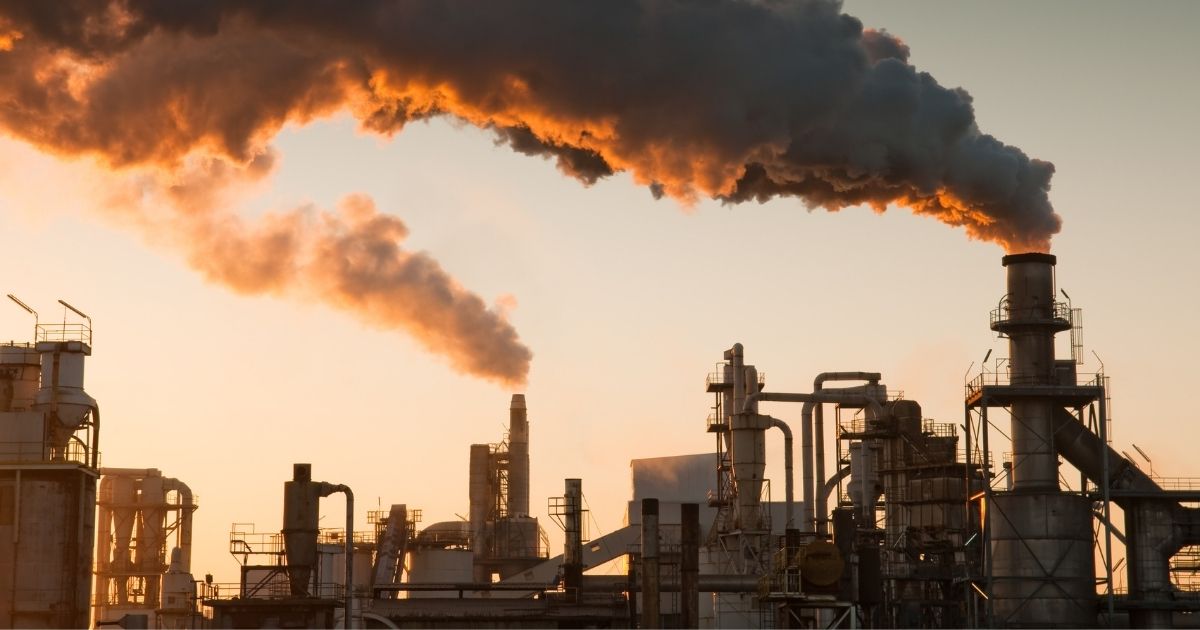MENU
- Home
- Overview
- Attorneys
- Practice Areas
- Firm News
- Blog
- Contact

Oil and gas products are part of modern life. Even so, sourcing and producing them can harm the environment, animals, ecosystems, and humans. This is not only about drilling – creating the production infrastructure can also harm the surrounding areas. Below are just some of the effects of oil and gas on the environment.
Oil and gas production infrastructures involve the construction of pipelines, buildings, and roads. These can degrade and destroy plant and animal habitats and impede the movements of migratory animals. The infrastructure can also disturb their ways of life, making it harder for them to find food and survive.
Large oil spills can cause permanent damage to ecosystems and kill wildlife. The 2010 BP Deepwater Horizon spill in the Gulf of Mexico killed about 1 million seabirds and 5,000 marine mammals. Smaller oil and gas extraction spills can also be dangerous; spills of any size are common in the top-producing states.
This country is one of the top greenhouse gas producers on the planet – about 25 percent of that comes from fossil fuels. Extreme weather events like hurricanes are directly linked to fossil fuels. That is because those fuels release heat-trapping gases out into the atmosphere.
More than 12 million people in the U.S. are half a mile away or closer to oil and gas production facilities. This means that they are exposed to pollutants every day. That is in addition to the fossil fuels burned by industrial plants and motor vehicles, toxic substances can also leak into drinking water and soil, causing liver damage, birth defects, and cancer.
Natural gas production also causes air pollution in communities. Exposure to elevated levels can also cause cancer, along with cardiovascular disease and respiratory problems.
If you or someone you love became ill because of oil and gas production pollution, an environmental toxic tort claim might be an option. Examples of harmful substances include benzyne, beryllium, and contaminated water.
Proving causation in toxic tort claims can be challenging because the defendants are often large, powerful companies. On top of that, it can be years before the illness produces symptoms. That is why working with an experienced lawyer is vital.
Before setting up a legal consultation, you may need a complete medical exam and diagnosis. The illness must be directly linked to the source of hazardous exposure. That involves gathering other relevant evidence to strengthen your case.
To learn about our legal services, contact our skilled Wilmington environmental lawyers at Jacobs & Crumplar, P.A. Located in Wilmington and Millsboro, Delaware, we serve clients in Dover, New Castle County, and Sussex County. Call us at 302-656-5445 or complete our online form to schedule a free consultation.